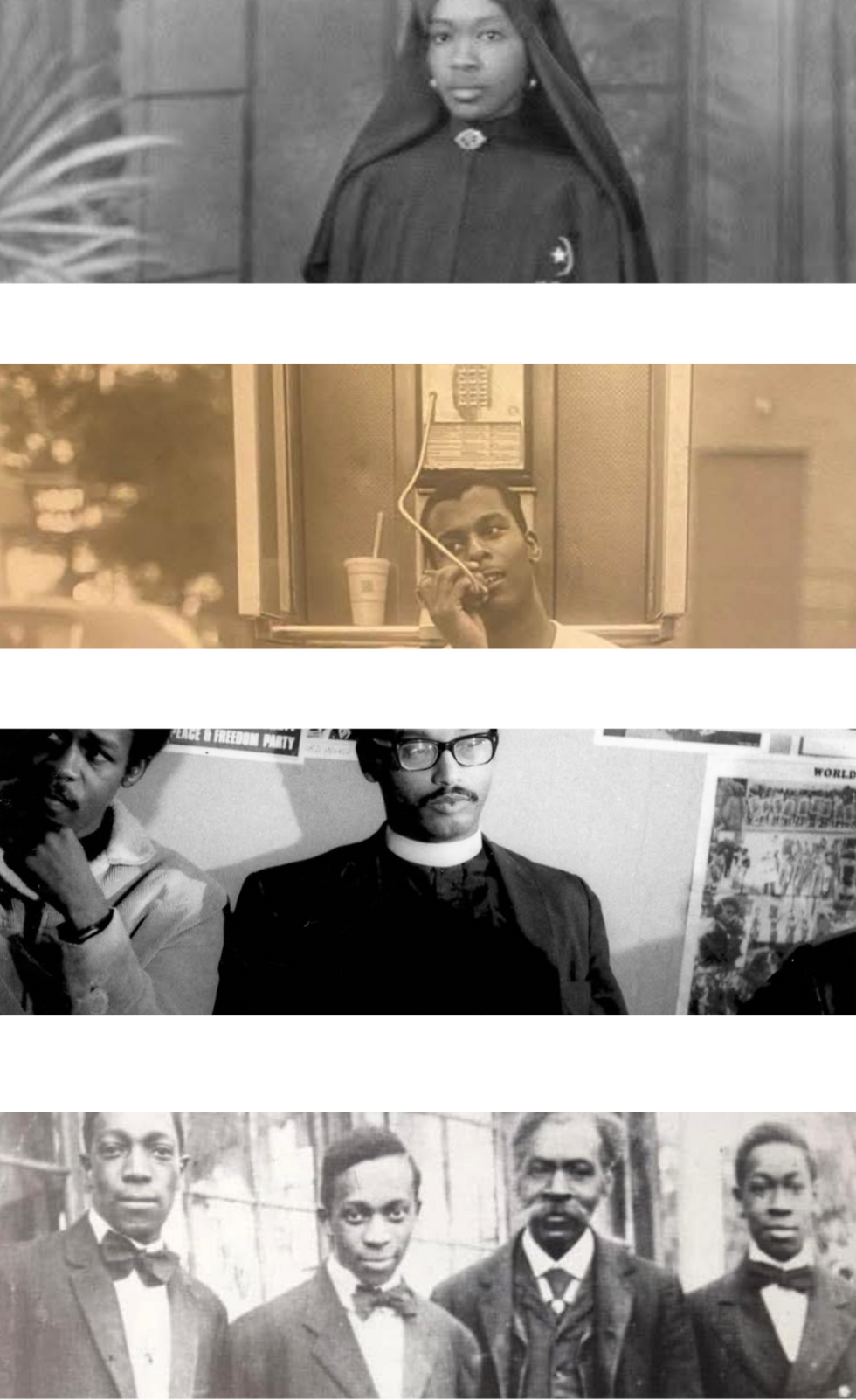Mental Health and Therapy in the Black Community
- Jay Rene

- May 29, 2025
- 4 min read

As time continues to pass, the importance of maintaining and assisting our mental and behavioral health is increasingly important. With the advancements in technology and the study of the brain, we have found out more about different disabilities, different illnesses, and different effects that life, society, and drugs can have on our brain and mental health.
Even with all this newfound knowledge, it is still a stigma for Black people to seek help when it comes to mental and behavioral health. When I was growing up, seeking out a behavioral health care professional was often referred to as “white people stuff” or “things that white people do.”There has always been a great stigma carried in the Black community about Blacks who sought professional help when it came to behavioral, emotional, and mental health. Where did this stigma come from, and how does mental health affect us physically?
In a World Health Organization study, it shows that only one out of three Black people will receive the proper assistance when it comes to mental health care, even though we are “more likely to experience socioeconomic disparities such as exclusion from health, educational, social and economic resources” (NAMI,2025), which in turn can produce mental health issues as well physical health conditions, such as high blood pressure and stroke.
NAMI also reports that “Black adults living below the poverty line are more than twice as likely to report serious psychological distress than those with more financial security.”
So not only are we more susceptible to different behavioral health conditions and less likely to get treated, but we are also suffering from physical conditions that are a byproduct of our mental health. Ignoring our mental health is killing us, literally.

Ask yourself this question: How do you feel about seeking help for
Your mental health? Do you think it’s a weakness? Well, you are not alone. That thought is one of the reasons that our community is not more open to behavioral health care.
Studies by the NCBI and others show that older Black people are less likely to seek care because they consider needing help as a weakness and double down by fearing the stigma and discrimination that can come with seeking help.
So, what does this tell us? One thing it exposes is that we, in our community, have a hand in our lack of pursuit of mental wellness. If we ostracize each other when we attempt to seek help, we directly hinder our brothers and sisters in pursuit of total health, something we need individually and collectively. We are only as strong as our weakest link.
That weak link may not be who you think it is. Having the ability to speak up for yourself to get better, especially in the face of scrutiny, is a strong man’s trait. Also, depending on one’s experiences, healing can be an uphill battle. It takes strength and perseverance to keep up the good fight. One must be strong.

Ostracizing those who are trying to seek help for themselves is counterproductive and destructive to us collectively. Not only does it cause separation amongst us, but it can also help facilitate violence and death. Imagine a father was seeking help, and his peers ostracized him to the point that he decided not to seek it. In turn, his mental health gets the best of him, and he has a mental break and takes the life of someone else or himself, or both, or his entire immediate family? This would be considered a heavy loss in at least one family's life.
We have to start thinking of each other as a whole, not just individually. When we think of each other in consideration and love, how we talk with, evaluate, and treat each other will reflect that. When someone we love or are acquainted with lets us know they are having a hard time mentally or that they are seeking a doctor’s care, we must be supportive, compassionate, and loving. Treat someone how you would like to be treated.

For those of us who wish to seek help, it can indeed be intimidating, and you may not know where to look. Do not fret and know that you are not alone. Across the globe, more and more people are taking the necessary steps to achieve balanced mental health.
If you are apprehensive about having a mental health care provider who doesn’t look like you, you can find one that does. You can even specify gender if that is important to you. Also, know that the first provider you consider may not be the best fit. Don’t become discouraged. You can take time to locate a provider that may better suit your needs. The most important thing is not to become discouraged. Asking for a doctor's referral or a Google search can tap you in with free or low-cost providers in your area. In most cases, you can get a brief overview of the doctor before your first appointment or phone call. Whatever way you decide to take care of yourself, don’t be afraid to take the first step. It can be the first step in a healthier and more productive you.


So, don’t worry, you aren’t falling victim to “white people stuff,” nor will your “Black Card” be revoked (smile), and it doesn’t make you weak to take control of your life and to put it on the right track. In doing this, not only will you empower yourself, but you will be able to motivate those who are inspired by you. Some lessons are taught by example. If your mental health is taken care of, not only can it positively affect your relationships, but it will also show those around you how to take care of themselves. You got this!










Comments